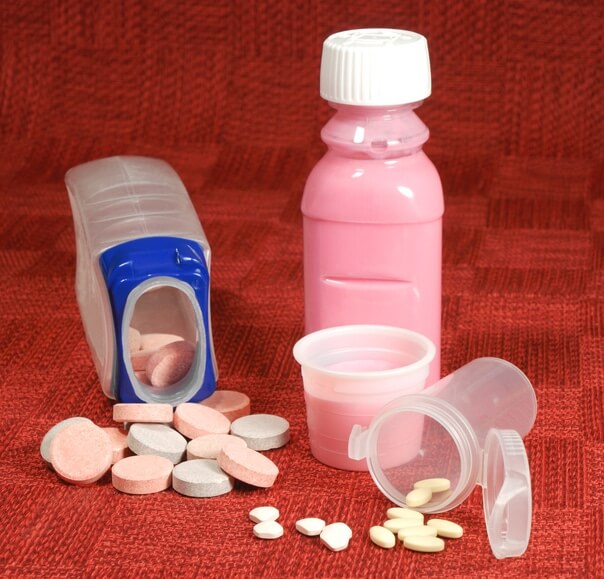Heartburn plagues many individuals, shooting fiery pain from stomach acid into the esophagus. As a result, an estimated 15 million Americans take PPIs (proton pump inhibitors), which dramatically reduce gastric acid production. PPIs can offer major relief to those who suffer from stomach pain as well as other acid reflux symptoms.
Which Heartburn Remedies are PPIs?
There are several brands of PPIs, but the top sellers include Nexium®, Prevacid®, and Prilosec®. Available by prescription or over the counter, PPIs relieve symptoms such as sour taste or pain, and prevent gastroesophageal reflux disease (GERD) complications. Sometimes, they’re prescribed in order to help the esophagus heal for patients diagnosed with Barrett’s or similar conditions. However, GERD is the main condition that’s treated with a PPI medication.
Some people can control their GERD symptoms through lifestyle changes, opting to lose weight, quit smoking, or eliminate fatty foods. Yet others need to take medication, sometimes even daily, to feel relief. Antacids, H2 blockers, and PPIs are all available as over-the-counter heartburn remedies. PPIs are the most powerful (and typically, the most effective) GERD treatment available.
PPIs come in pill form, and most are available OTC or by prescription from your doctor — though they come in varying dosages. For example, Nexium is available by prescription, but Nexium 24HR is available OTC without seeing your doctor. OTC PPIs, however, don’t necessarily contain lower drug dosages. Interestingly, the Nexium website says both versions “have the same formula, with 20mg of esomeprazole as the active ingredient.”
The following PPI drugs come in OTC as well as prescription formulations:
- Prevacid (lansoprazole)
- Prilosec (omeprazole)
Most Common Short-Term & Temporary PPI Side Effects
The most frequently reported PPI side effects are:
- Diarrhea
- Stomach pain
- Nausea
- Constipation
- Headache
Most of these subside after discontinuing PPI use. Unfortunately, long-term PPI side effects are much more serious and many are still being investigated.
Complications of Regular, Prolonged PPI Use
Because PPIs work by blocking stomach acid production, they’re able to relieve most painful heartburn symptoms. However, they might be doing their job just a little too well. Because gastric acid helps digest food, it’s necessary to have some amount in the stomach. Without it, people become vulnerable to vitamin deficiencies and infections. Prolonged PPI use means continued depletion and even elimination of stomach acid. This, in turn, can cause long-term health deficiencies that may result in disease as well as other complications.
Among the most serious potential side effects from long-term PPI use are:
- Heart attack
- Bone fracture
- C-diff (Clostridium Difficile)
- Dementia or Alzheimer’s
- Salmonella
- Pneumonia
If you or a loved one suffered serious health complications from long-term PPI use, you may be eligible for compensation. Get more information on proton pump inhibitor lawsuits and complete your free claim review today.
Related: Alternatives to Nexium and Prilosec for Acid Reflux
Lori Polemenakos is Director of Consumer Content and SEO strategist for LeadingResponse, a legal marketing company. An award-winning journalist, writer and editor based in Dallas, Texas, she's produced articles for major brands such as Match.com, Yahoo!, MSN, AOL, Xfinity, Mail.com, and edited several published books. Since 2016, she's published hundreds of articles about Social Security disability, workers' compensation, veterans' benefits, personal injury, mass tort, auto accident claims, bankruptcy, employment law and other related legal issues.

